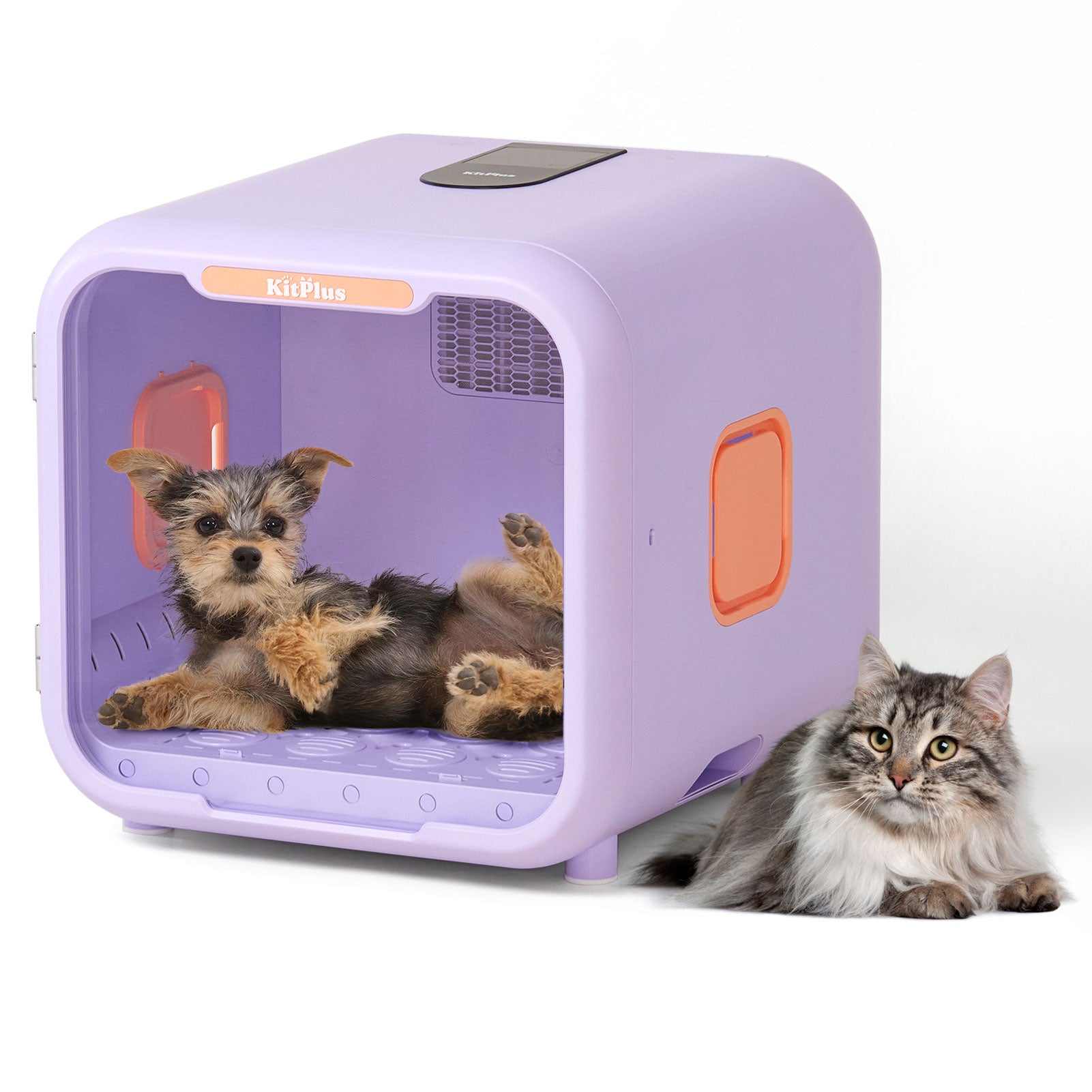Selecting a Pet Cat -- What's important?
- Daily needs Feeding, social interaction, exercise, play, and elimination.
- Cats with long or thick hair coats: require daily grooming to prevent matting and skin irritation.
- Indoors keeping: to reduce the risk of injury and disease.
- A cat's litter box: kept very clean and filled with the type they prefer so that the cat continues using it. If there are multiple cats within the home, multiple litter boxes should be available in several locations.
The purchase price for a cat can vary tremendously by breed and source and will be your initial expense. Cats need high-quality food, proper housing, mental stimulation (e.g., toys, playtime), and regular visits to a veterinarian for preventive care. Other costs may include emergency medical treatment, grooming, boarding, identification, licensing, sterilization (spaying or neutering), and accessories. Pet health insurance is readily available today and may help defray unexpected expenses resulting from illness or injury.
A healthy kitten or cat has clear, bright eyes and a clean, shiny haircoat. It should not appear thin, overly fat, or show signs of illness, such as nasal discharge or diarrhea. When choosing a cat, pick one that is active, curious, and seeks affection and attention from people. Sometimes cats are uncomfortable in noisy or unfamiliar environments, so remember that during your evaluation.
- Necessity: before bringing your new cat home, prepare places to eat, sleep, and eliminate. Purchase necessary accessories such as a litter box, toys, and food and water bowls. Pet-proof your home by keeping toxic chemicals and plants out of reach, and make sure windows are securely screened when open so that your cat cannot escape. Be sure to provide appropriate playful materials, such as our interactive cat balls, so your cat can stretch and exercise to release its energy without damaging your furnishings.
- Socialization: plan to train your cat to become comfortable with handling and grooming and learn how to play and interact appropriately with people. Provide different kinds of play with toys, balls, or even a climbing tower. Kittens need frequent attention to socialize with people and acquaint them with new things and experiences, which are best provided before the kitten is nine weeks of age.
- Multi-Cat Family: if you already have a cat and wish to add another, matching personality types and a staged introduction may help the transition go more smoothly. For example, quiet cats should be compared with those of similar temperament. When another cat or kitten enters the home, introductions should be supervised and proceed slowly with periods of separation until each cat learns to accept the other. If problems arise, consult your veterinarian for help.
- Health: Cats require regular veterinary medical checkups to ensure they live long, healthy lives. Ask your veterinarian about a vaccination program and other preventive medical care appropriate for your cat's lifestyle and to protect against disease risks in your area. Cats are good at concealing when they don't feel well, and your veterinarian can also help you learn how to detect subtle signs of illness. Also, if you want to bathe your cat, please pay attention to its skin problem! Check our pet dryer box here to relax your hands and let your cat enjoy a safe and happy bath time and have good skin and hair!


